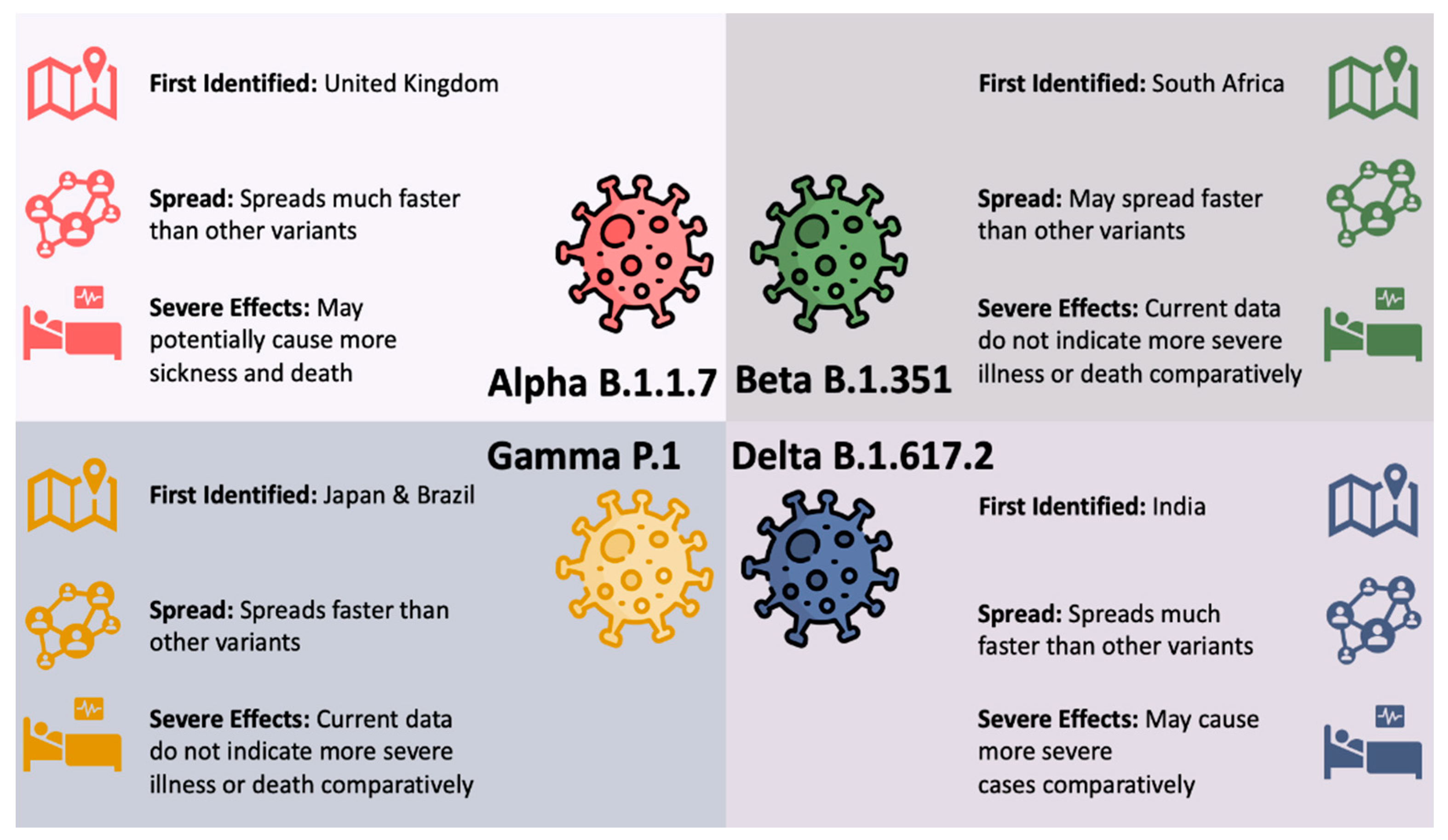Prevalence and Transmission of COVID-19 Variants

Covid variants symptoms – The COVID-19 pandemic has been marked by the emergence of numerous variants of the SARS-CoV-2 virus. These variants have varied in their transmissibility, severity, and response to vaccines and treatments.
As of March 2023, the World Health Organization (WHO) has designated five variants of concern (VOCs): Alpha, Beta, Gamma, Delta, and Omicron. These variants have been responsible for the majority of COVID-19 cases worldwide.
The Omicron variant has brought with it a plethora of symptoms, ranging from fatigue and headaches to loss of taste and smell. While these symptoms can be debilitating, they can also serve as a reminder to cherish the precious moments we have.
Like the sepia-toned photographs of a bygone era, these symptoms can capture the fleeting beauty of life and remind us to savor every breath. As we navigate the challenges of this pandemic, let us not forget the importance of capturing the moments that truly matter, whether through the lens of a sepia bride photographer or simply through the eyes of our hearts.
Global Distribution
The prevalence of COVID-19 variants varies significantly across different regions of the world. As of March 2023, the Omicron variant is the dominant variant in most countries, accounting for over 90% of cases.
Transmission Rates
The transmission rates of COVID-19 variants also vary. The Omicron variant is known to be more transmissible than previous variants, with a shorter incubation period and higher viral load.
The relentless evolution of COVID-19 has brought forth a myriad of variants, each leaving a distinct mark on our health. While symptoms may vary, common tell-tales include fever, cough, and shortness of breath. In the midst of this global crisis, renowned sports commentator Ryan Clark ( ryan clark ) has emerged as a beacon of hope, using his platform to raise awareness about the virus and its variants.
As we navigate this ever-changing landscape, it is crucial to stay informed about the symptoms and seek medical attention promptly if necessary.
Factors Contributing to Emergence, Covid variants symptoms
The emergence of new COVID-19 variants is driven by a combination of factors, including:
- Natural selection: The virus evolves over time to become more transmissible and evade the immune system.
- Immune pressure: The widespread use of vaccines and natural immunity selects for variants that are resistant to these immune responses.
- Population dynamics: The movement of people and the mixing of different populations can contribute to the spread of new variants.
Clinical Manifestations of COVID-19 Variants
The clinical manifestations of COVID-19 caused by different variants can vary. While some variants may cause similar symptoms to the original strain, others may present with unique or more severe symptoms.
Range of Symptoms
The range of symptoms associated with COVID-19 variants includes:
- Fever or chills
- Cough
- Shortness of breath or difficulty breathing
- Fatigue
- Muscle or body aches
- Headache
- New loss of taste or smell
- Sore throat
- Congestion or runny nose
- Nausea or vomiting
- Diarrhea
Severity and Duration of Symptoms
The severity and duration of symptoms can vary depending on the variant. Some variants, such as the Delta variant, have been associated with more severe illness and increased risk of hospitalization and death. The Omicron variant, on the other hand, generally causes milder symptoms and a shorter duration of illness.
Potential for Long-Term Health Consequences
Some variants of COVID-19 may have the potential to cause long-term health consequences, even in individuals who experience mild or asymptomatic infections. These consequences, known as “long COVID” or “post-acute sequelae of COVID-19 (PASC)”, can include a wide range of symptoms, such as fatigue, brain fog, shortness of breath, and muscle pain. The long-term effects of COVID-19 variants are still being studied, but it is important to be aware of the potential risks and to seek medical attention if experiencing any persistent symptoms after a COVID-19 infection.
Diagnostic and Treatment Implications of COVID-19 Variants: Covid Variants Symptoms

The emergence of COVID-19 variants has significant implications for diagnostic testing methods and treatment strategies. Understanding these implications is crucial for effective patient management and public health response.
Diagnostic Testing Methods
COVID-19 variants may affect the accuracy and sensitivity of diagnostic testing methods. Some variants exhibit mutations in the viral genome that can alter the binding sites for diagnostic assays, potentially leading to false-negative results. Additionally, variants may display reduced antigenicity, which can impact the performance of antigen-based tests.
Effectiveness of Treatments and Vaccines
The effectiveness of current treatments and vaccines against different COVID-19 variants varies. Monoclonal antibodies, which are laboratory-produced proteins that target specific parts of the virus, may be less effective against certain variants due to mutations in the viral spike protein. Similarly, the efficacy of vaccines may be reduced against variants that have significant mutations in the viral proteins recognized by the vaccine-induced antibodies.
Tailored Diagnostic and Therapeutic Strategies
The emergence of COVID-19 variants underscores the need for tailored diagnostic and therapeutic strategies. Ongoing monitoring of variants and their impact on diagnostic methods and treatment effectiveness is essential. This information can guide the development of more specific and effective diagnostic tests and the optimization of treatment regimens for different variants.